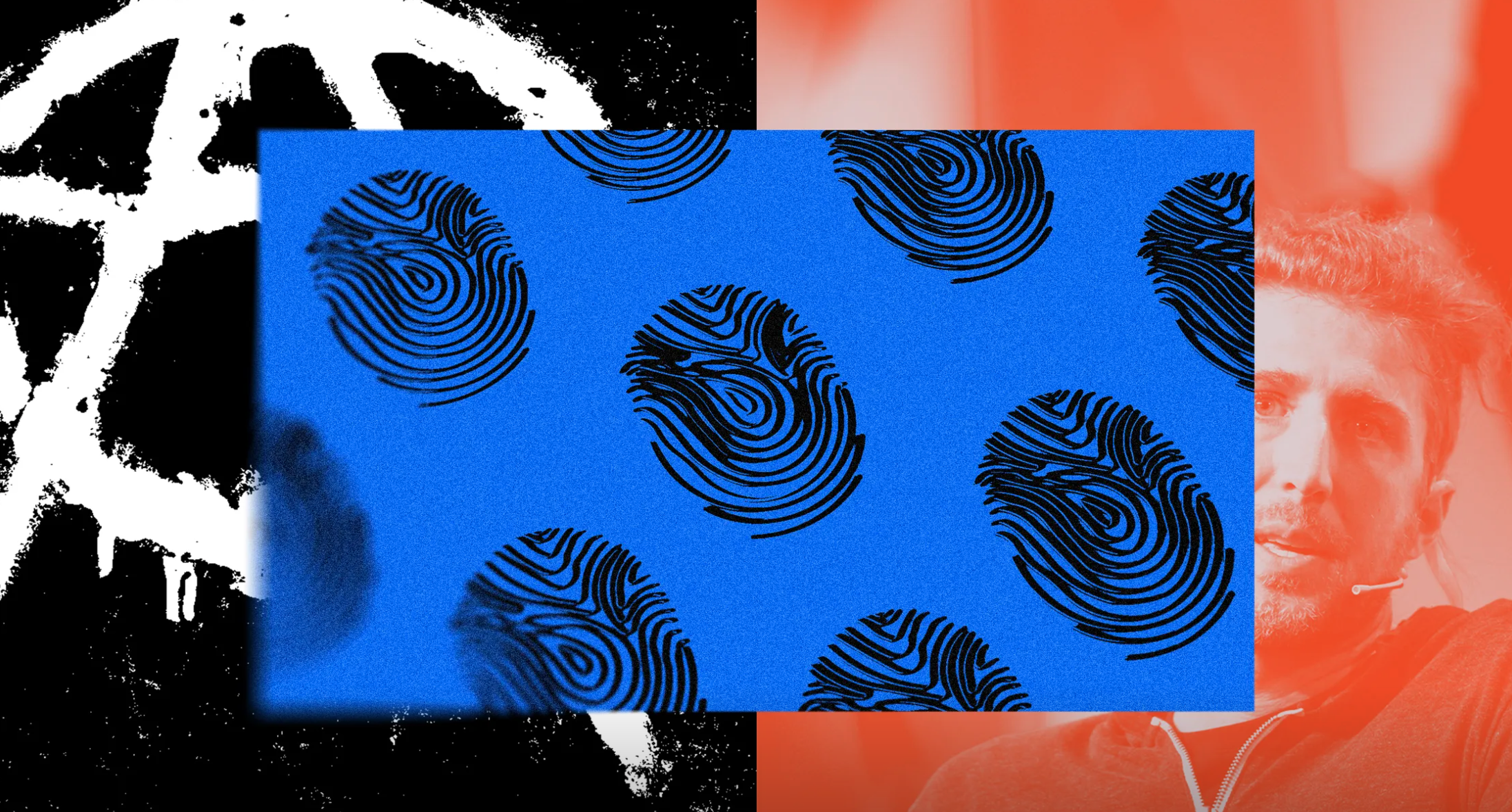The privacy-focused messaging app arose from a fringe culture that emphasized individual autonomy and skepticism of authority. As it tries to go mainstream, can it escape its roots?
By Kai Ye, July 23, 2023
FOR 20 YEARS, the only way to really communicate privately was to use a widely hated piece of software called Pretty Good Privacy. The software, known as PGP, aimed to make secure communication accessible to the lay user, but it was so poorly designed that even Edward Snowden messed up his first attempt to use PGP to email a friend of Laura Poitras. It also required its users to think like engineers, which included participating in exceptionally nerdy activities like attending real-life “key-signing parties” to verify your identity to other users. Though anyone could technically use PGP, the barrier to entry was so high that only about 50,000 people used it at its peak, meaning that privacy itself was out of reach for most.
These days, to talk to a friend securely, all you have to do is download a free app. For a certain set, that app will be Signal. Snowden and Elon Musk have recommended it; it’s been name-dropped on big-budget shows like House of Cards, Mr. Robot, and Euphoria, and its users include journalists, members of the White House, NBA players, Black Lives Matters activists, and celebrities trying to get their hands on Ozempic. Its founder has been profiled by The New Yorker and appeared on Joe Rogan’s podcast. A tiny organization with virtually no marketing budget has become synonymous with digital privacy in the public imagination.
Technology can be deeply shaped by the personal inclinations of a founder. Facebook’s light-fingeredness with user data is inseparable from its roots in Zuckerberg’s dorm room as an app for ranking women by their looks; Apple’s minimalist design was influenced by Jobs’ time spent practicing Zen Buddhism. Signal is no different. During its formative years, the charismatic face of Signal was Moxie Marlinspike, a dreadlocked anarchist who spent his time sailing around the world, living in punk houses, and serving free food to the unhoused. He led every aspect of Signal’s development for almost a decade, at one point complaining, “I was writing all the Android code, was writing all of the server code, was the only person on call for the service, was facilitating all product development, and was managing everyone. I couldn’t ever leave cell service.”



